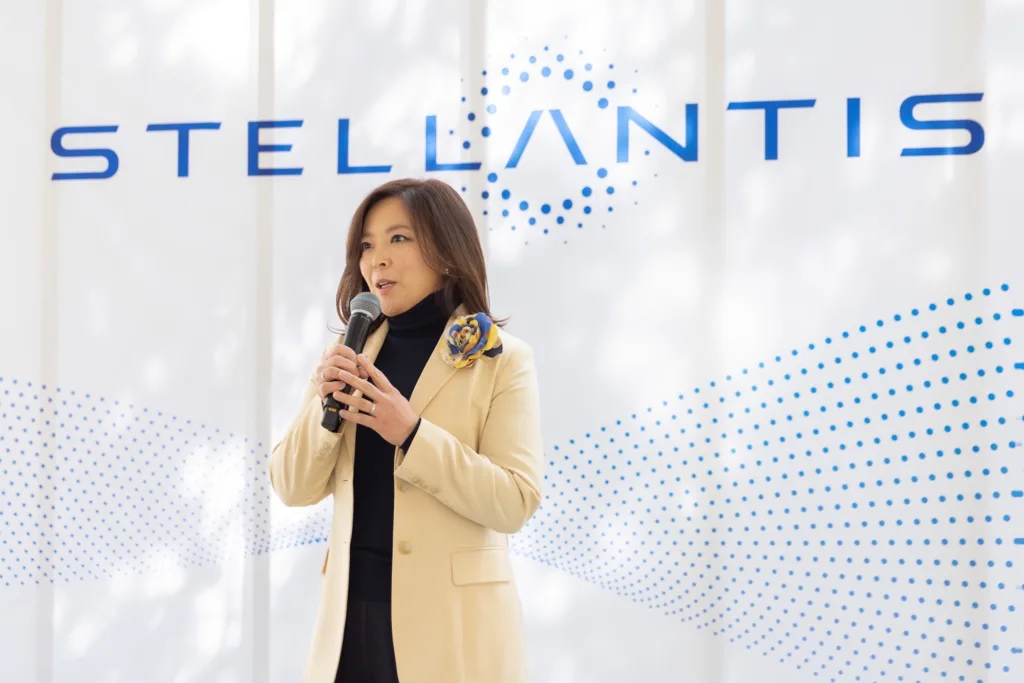
On 1 April, Stellantis Korea held a press conference at a restaurant in Jeongneung, Seongbuk-gu, Seoul. It was the first event since the appointment of new CEO Bang Sil. "We will strive to restore trust to our customers and strengthen our brand," said Bang. To this end, he announced a wide range of changes, including expanding the variety of vehicles for sale, preparing financial products, strengthening after-sales service, and marketing strategies for customer experience.
Written by Ki-beom Kim, Editor-in-Chief (ceo@roadtest.kr)
Photo Stellantiscoria
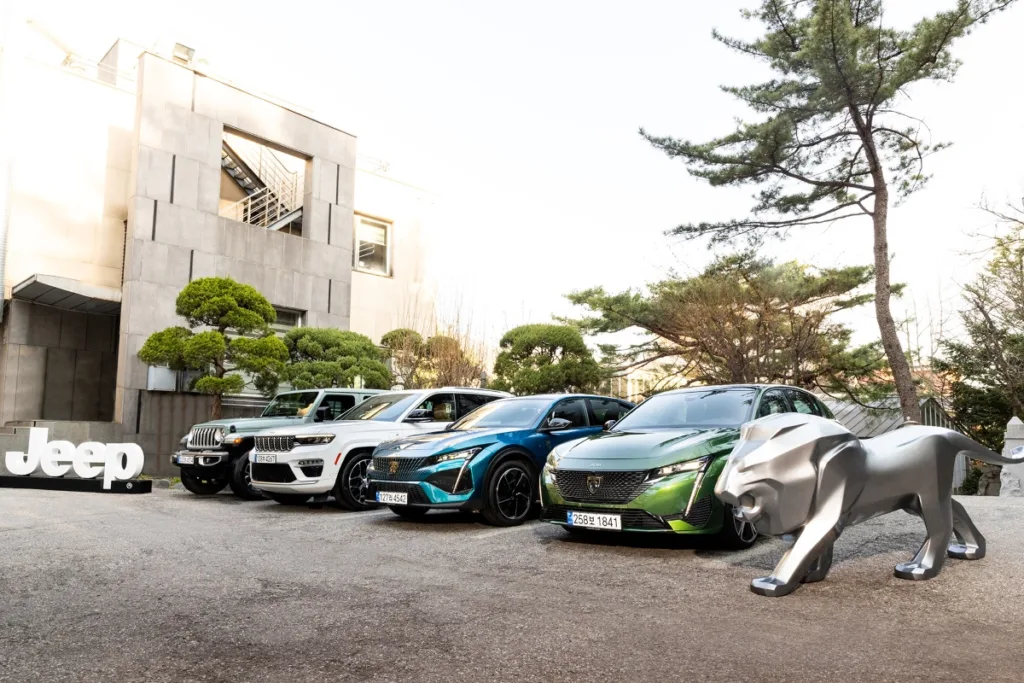
Restoring trust and strengthening the brand. These are the key points of Stellantis Korea's plans for this year, which were revealed by the company's new CEO, Bang Sil, at a press conference held on 1 April at 'Le Hans' restaurant in Jeongneung-dong, Seongbuk-gu, Seoul. To this end, the company plans to review and strengthen its existing businesses, from sales to after-sales service (AS), product portfolio, and marketing strategy, to build a solid brand foundation.
"If you look at the sales of imported cars in Korea last year, SUVs grew by 91 TP3T and hybrids by 211 TP3T, so I think there is an opportunity for Stellintis Korea, which has Jeep and Peugeot, to take advantage of it," said Bang. He also explained that "more than 501 TP3T of customers came from domestic cars, including 581 TP3T for Peugeot and 481 TP3T for Jeep," and emphasised that "we will reach out to domestic car customers as well as imported cars." He also mentioned certain competitors.
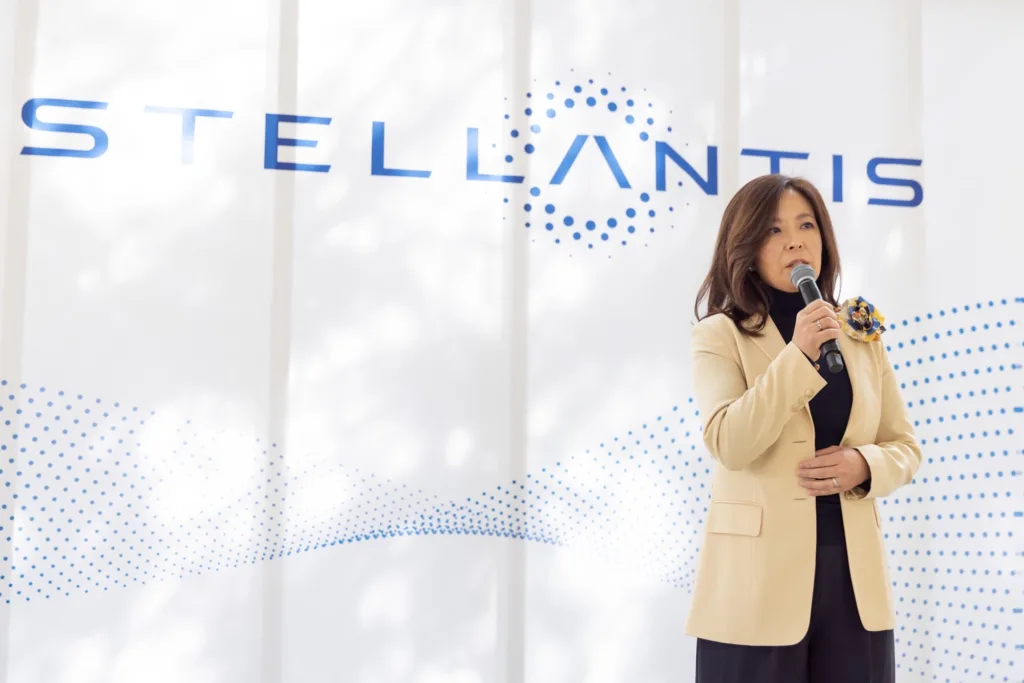
Genesis is making an impact on both the domestic and imported car markets. He also gave specific figures. 12% of Jeep customers considered Genesis before purchasing, while 12% of Peugeot customers owned Renault cars. "I think there are customers who want the rugged design and all-weather capability of a Jeep, but also the emotion and tight handling of a French car," says Bang.
Citing 'stabilisation of pricing policy' as the top priority, Bang said that the company will avoid constant discount promotions and maintain price stability to not only create win-win situations with dealers, but also enhance brand value so that customers can live with confidence. In addition, through a partnership with Woori Financial Capital, which was signed in March, the company plans to provide customised financial products for each model with interest rates ranging from 1 to 4% to reduce customer burden in the era of high interest rates.

Currently, Jeep is faster than average and Peugeot has an average waiting time. We will also focus on increasing customer contact with the Stellantis brand house concept introduced last year. Accelerating electrification. Jeep's first all-electric vehicle, the Avenger, will be launched in Korea later this year. Peugeot will introduce the 308 mild hybrid in Korea this year to expand choice.
"The key is to be able to transform the service centre infrastructure in line with the popularity of electric vehicles," explains Bang, who plans to upgrade the service centres to Level 2 'e-Expert' centres, where specialist tools and personnel are available, and expand to Level 3 'e-Repair' centres, where battery life management is also possible. The company is also working to train electric vehicle technicians through industry-academia collaboration with Soyoung University.
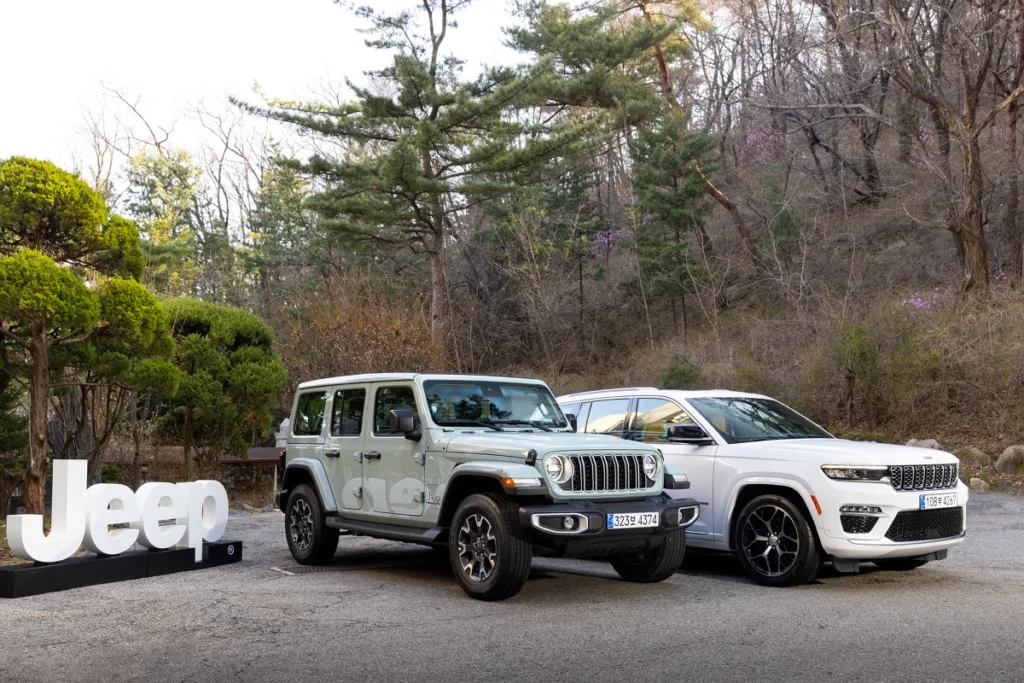
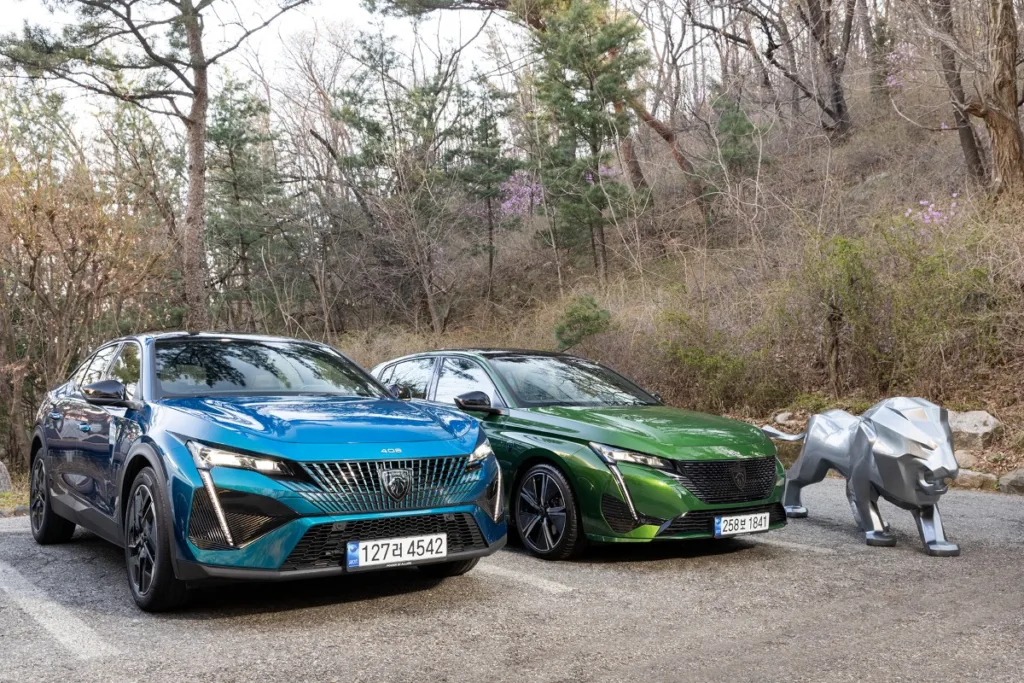
In addition, the company plans to open brand houses in Wonju and Gwangju this year and an integrated service centre in Wonju, and convert nine showrooms and 10 service centres into Stellantis brand houses by 2026. The company will also expand communication with customers to create a bond and increase loyalty. "We will create a more comfortable service experience for customers, maintain the residual value of used cars, and create a virtuous cycle of business for dealers," said Mr Bang.
Meanwhile, Bangsil Stellantis, who took over on 1 February, is considered the "first generation of female leaders" in the Korean automotive industry. She has gained experience and recognition through various brands and roles at importers such as Volkswagen Korea and Renault Korea, as well as domestic OEMs. South Korea is also a key market in the India-Asia Pacific (IAP) region, which is described as the "third growth engine" of the Stellantis Group.


![[On the spot] "We will strive to restore trust and strengthen the brand", Bangsil, CEO of Stellantis Korea](https://roadtestmedia.com/wp-content/uploads/2024/04/사진자료1-스텔란티스코리아-방실대표-750x375.webp)





